
Laboratory for Analysis of Green Development Decision-making Behavior
Laboratory for Analysis of Green Development Decision-making Behavior
I. Basic Information:
This laboratory aims to study and analyze the decision-making optimization issues of natural persons and social institutions in the global green development transformation process. It was approved as a social science laboratory of ordinary colleges and universities in Tianjin in September 2020. The laboratory is based on the Energy, Environment and Green Development Research Center of Tianjin University of Science and Technology, which was established in October 2010. It is one of the earliest professional research institutions in Tianjin dedicated to addressing climate change, low-carbon economy and green development, and is a member of the China Green and Low-Carbon Development Think Tank Partnership.
As an important component of the Carbon Neutrality Research Institute, the laboratory further builds an energy optimization model based on LCA technology, establishes and improves the carbon emission monitoring and accounting system, policy and regulation standards system, etc. Meanwhile, in combination with the research data of the laboratory's "Knowledge Base of Green Development and Behavioral Patterns", it can serve as important data support for the research of the Carbon Neutrality Research Institute.
At present, the laboratory team has formed a scientific research team with a reasonable age structure and multi-disciplinary participation, including Professor Sun Zhenqing, a specially-appointed professor of Tianjin and the executive director of the Carbon Neutrality Research Institute of Tianjin University of Science and Technology. The team covers disciplines and research directions such as management science and engineering, public management, marine environmental restoration, and packaging materials from the School of Economics and Management, the College of Marine Sciences, and the College of Light Industry of the university. Professor He Jiankun, the former executive vice president of Tsinghua University and deputy director of the China Expert Committee on Climate Change, has been invited to serve as an advisor.
II. Research Fields
The laboratory has 15 teachers and 20 postgraduate students. The main analytical tools it is equipped with include:
(1)Multi-regional dynamic computable general equilibrium (CGE) model;
(2)Long-term Energy Alternatives Planning (LEAP) model;
(3)Product life cycle analysis tool (LCA)
(4)Multi-agent evolutionary game analysis model
(5)Decision-making behavior simulation system based on virtual reality (VR) technology.
With the aid of the above-mentioned analytical tools, our laboratory conducts comprehensive research on green development decision-making behaviors, ranging from macro to micro levels, including green development policies, industrial development policies, product and technology choices, and individual behavioral patterns, and discusses their economic, environmental and social impacts.
The current main research areas of the laboratory include:
(1)Comprehensive Evaluation of Energy Environment and Green Low-Carbon Development Policies
(2)Based on the CGE model, combined with the LEAP model, LCA analysis, and the evolutionary game theory model, the country's situation is analyzed.
(3)Conduct a comprehensive assessment of regional energy, environmental, green development and low-carbon development policies, examine their economic, environmental and social effects, and provide a quantitative basis for the government to formulate green development policies and green industrial development plans, and carry out industrial structure adjustment.
Research on the Impact of Green Consumption Decisions under the Framework of Life Cycle Assessment
By evaluating the entire life cycle of a product, including its production, consumption, use and waste disposal, the material input and waste emissions of the product are examined. The ecological footprint of the product, including water footprint, carbon footprint and material footprint, and other ecological characteristics are analyzed. Based on this, policy suggestions for green development are proposed through ecological footprint evaluation.
Experimental Economic Analysis of Green Behavior Patterns
Based on VR technology, this study analyzes the motives, goals and cognition of green consumption behavior, examines the decision-making process, criteria, influencing factors and the formation process of green consumption behavior patterns, and builds a knowledge base of green development and behavior patterns. Thus, it proposes green development guidance policies from the consumption side, including marketing strategies, green consumption advocacy and measures to promote green literacy.
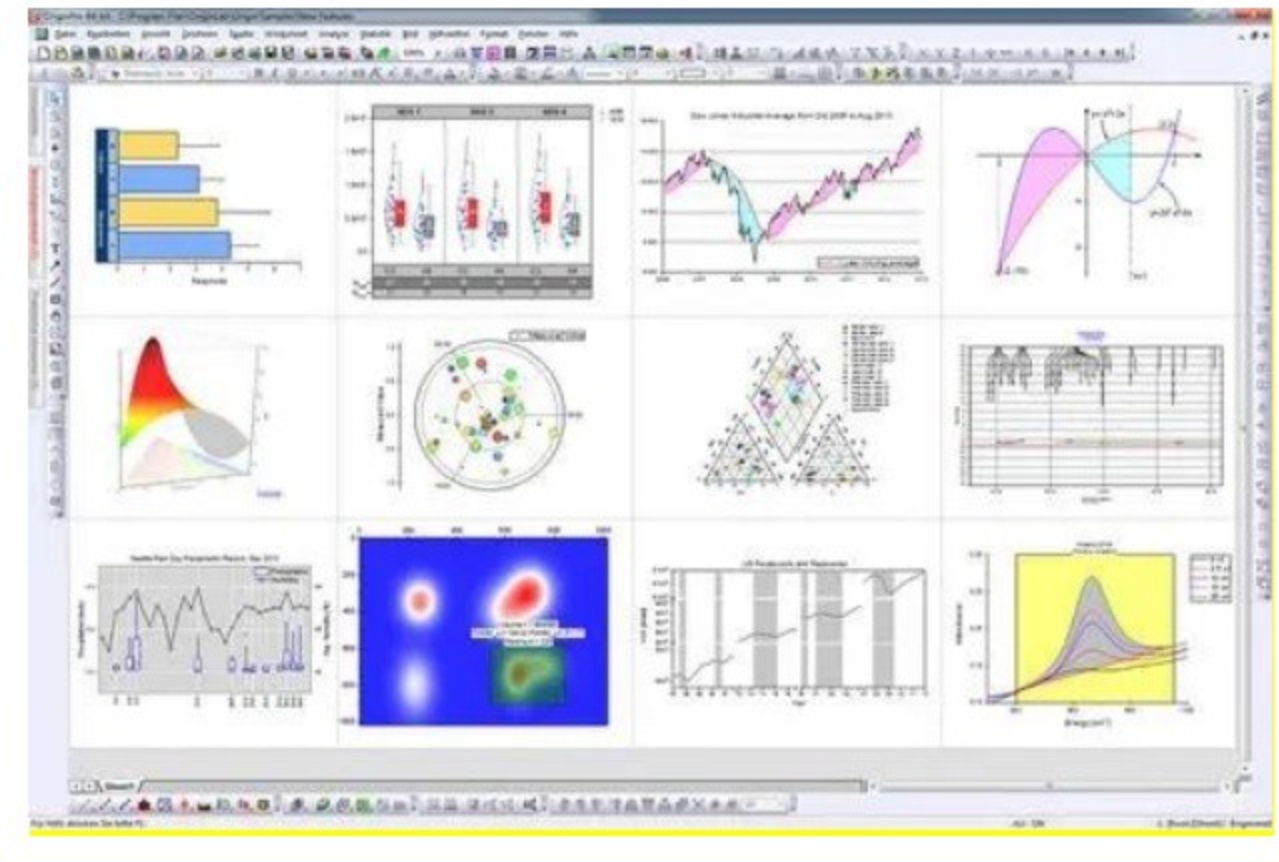
Figure 1 Schematic Diagram of Virtual Reality Numerical Analysis
Research on Green Product Design
Starting from the production side, based on the 3R principles of green design, calculate the resource consumption and various pollutant emissions throughout the product's life cycle, and assess the cost-benefit and environmental impact of green design. From the consumption side, investigate consumers' response to green design products and the influencing factors, and analyze the development prospects of green design products. By integrating the research from both the production and consumption sides, propose development strategies and policies for green design in China.
Research on the Mechanism of Green Collaborative Innovation
Using the multi-agent evolutionary game analysis model, this paper studies the collaborative innovation mechanism among regions, departments and industries, as well as within regions, departments and industries, to solve the problem of target differences in environmental collaborative governance, economic collaborative development and other aspects.
The problem of coordination difficulties is caused by factors such as heterogeneity and collective irrationality.
Research Achievements
The research team's achievements mainly include: writing over ten government decision-making consultation reports, which have been repeatedly approved by provincial and ministerial leaders and won awards for outstanding consultation results. Among them, the "Suggested Draft of the Interim Measures for the Management of Carbon Emission Rights Trading in Tianjin" was adopted by the municipal government and publicly promulgated and implemented, becoming the basic legal document for the construction of the Tianjin carbon market and regulating and guiding the construction and pilot work of the Tianjin carbon market; undertaking dozens of provincial and ministerial-level or above projects, including key projects of the National Social Science Fund and major research projects of the Ministry of Education in the field of humanities and social sciences; publishing over 300 papers in SCI, EI, CSSCI and core journals of Peking University.
Scientific Research Cooperation
The laboratory has established academic cooperation relationships with institutions such as the International Energy Agency (IEA), the Australian Academy of Social Sciences, the Institute for Global Environmental Strategies (IGES) of Japan, the Information Center of the National Development and Reform Commission, the Energy Research Institute of the National Development and Reform Commission, Tsinghua University, Nankai University, Wuhan University, Civil Aviation University of China, Tianjin Low-Carbon Development Research Center, Tianjin Binhai Low-Carbon Circular Development Strategy Alliance, Beijing Zhongchuang Carbon Investment, and Tianjin Emission Exchange.
Students who are passionate about green and low-carbon development research are welcome to apply for postgraduate studies in this direction! We also welcome research colleagues from universities and research institutions, government agencies, enterprises, and social organizations to visit our laboratory for guidance and to carry out cooperative research!
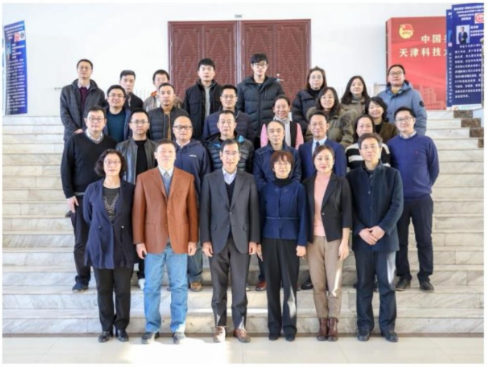
Figure 2: Group photo of the main members of the laboratory with the school leaders
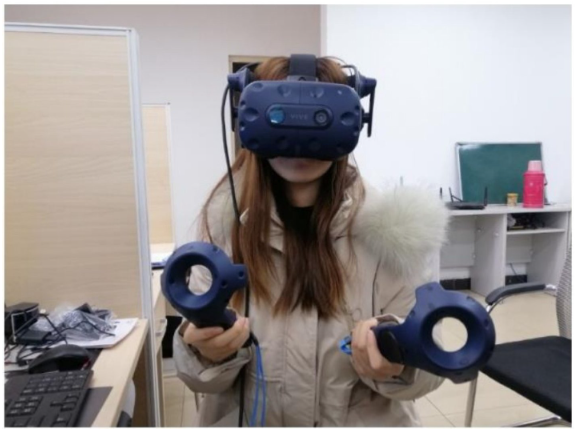
Figure 3 Students Participating in VR Experiments
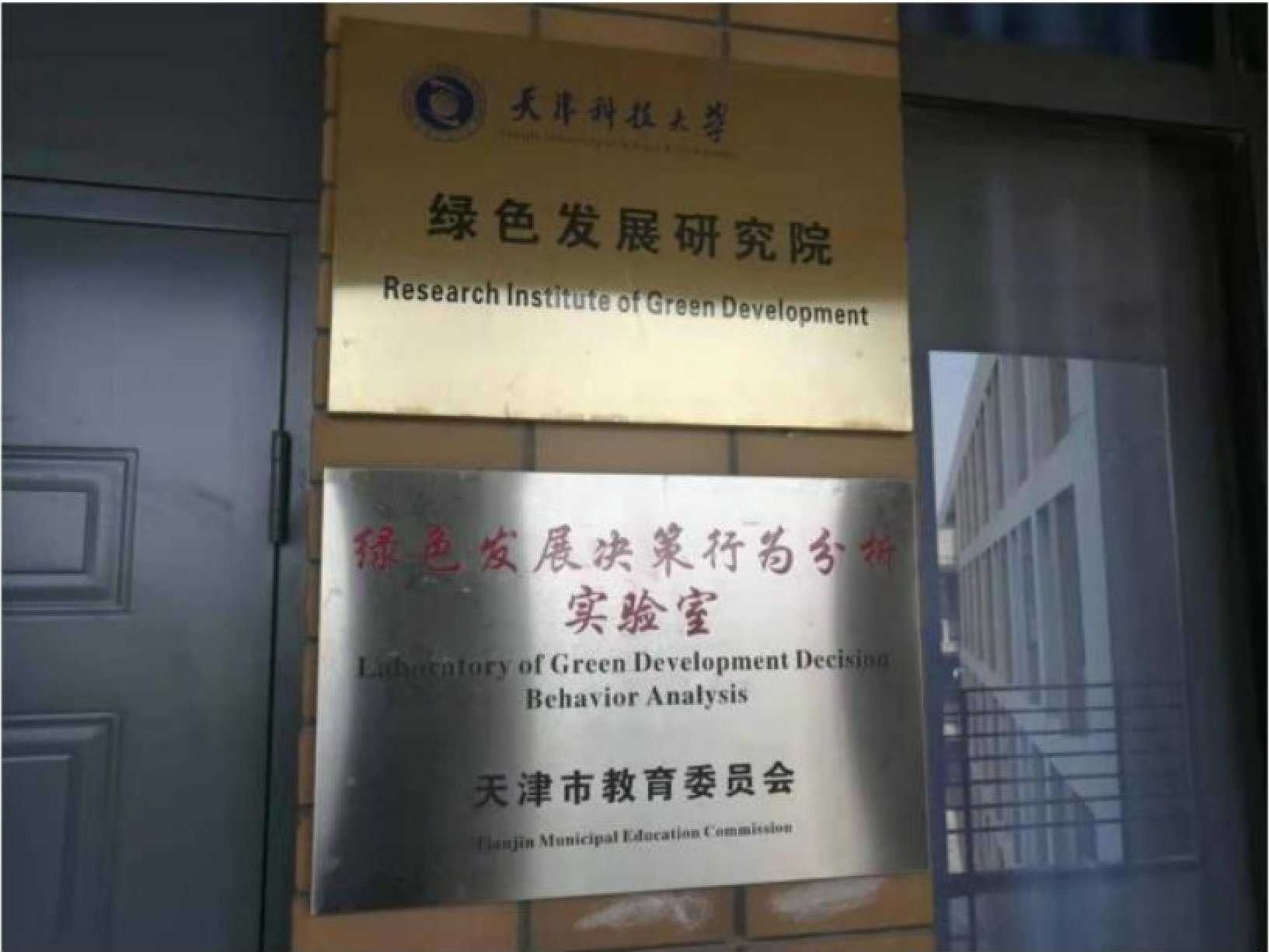
Figure 4: Laboratory for Analyzing Green Development Decision-making Behaviors of the Tianjin Education Commission
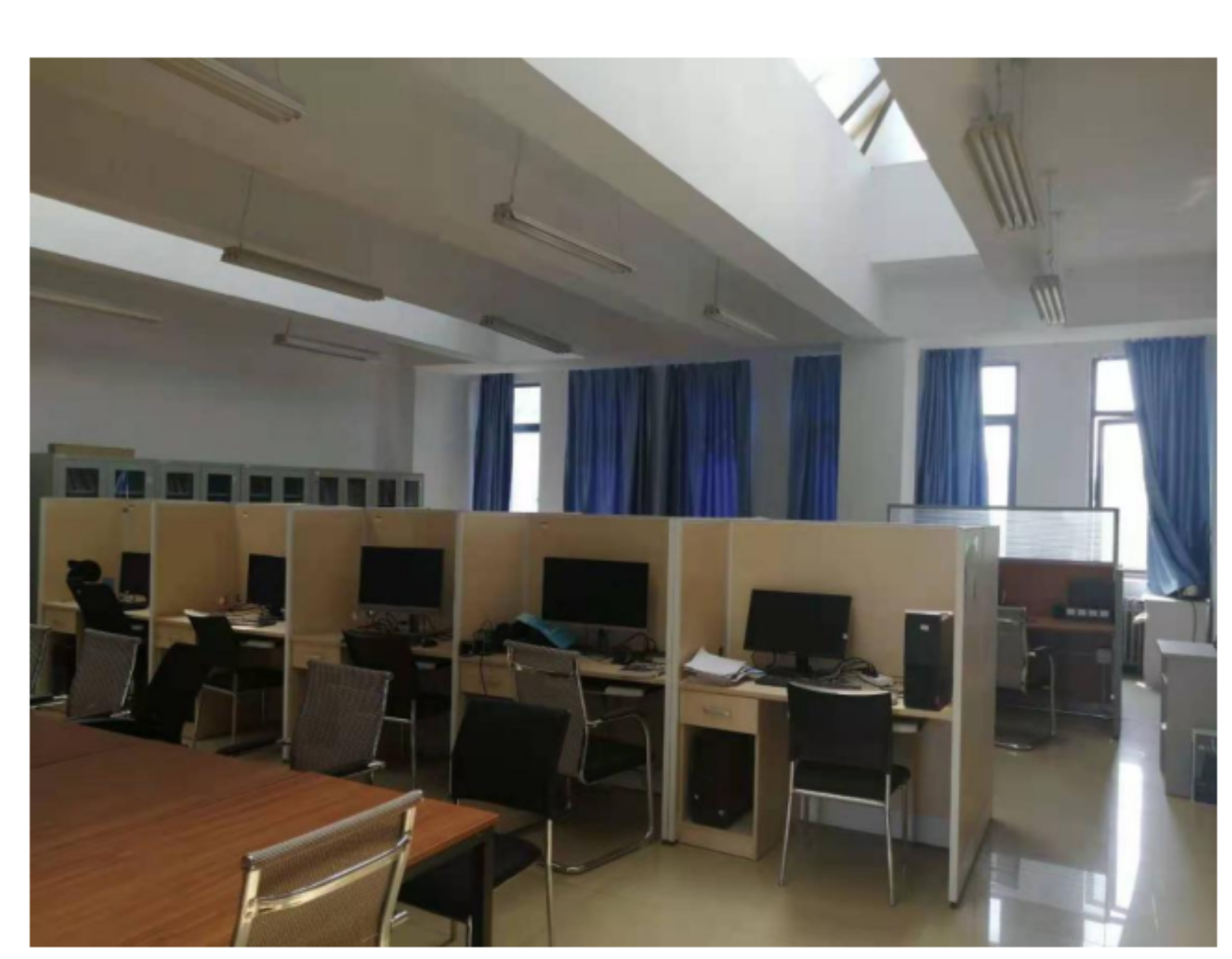
Figure 5 Interior view of the laboratory
Laboratory Address: Room 111, Building 16, Tianjin University of Science and Technology, No
1038, Daguhu South Road, Hexi District, Tianjin Contact Person: Wen Danhui
Telephone: 022-60602016
Mobile phone: 1502261220 Email: wendh@tust.edu.cn

